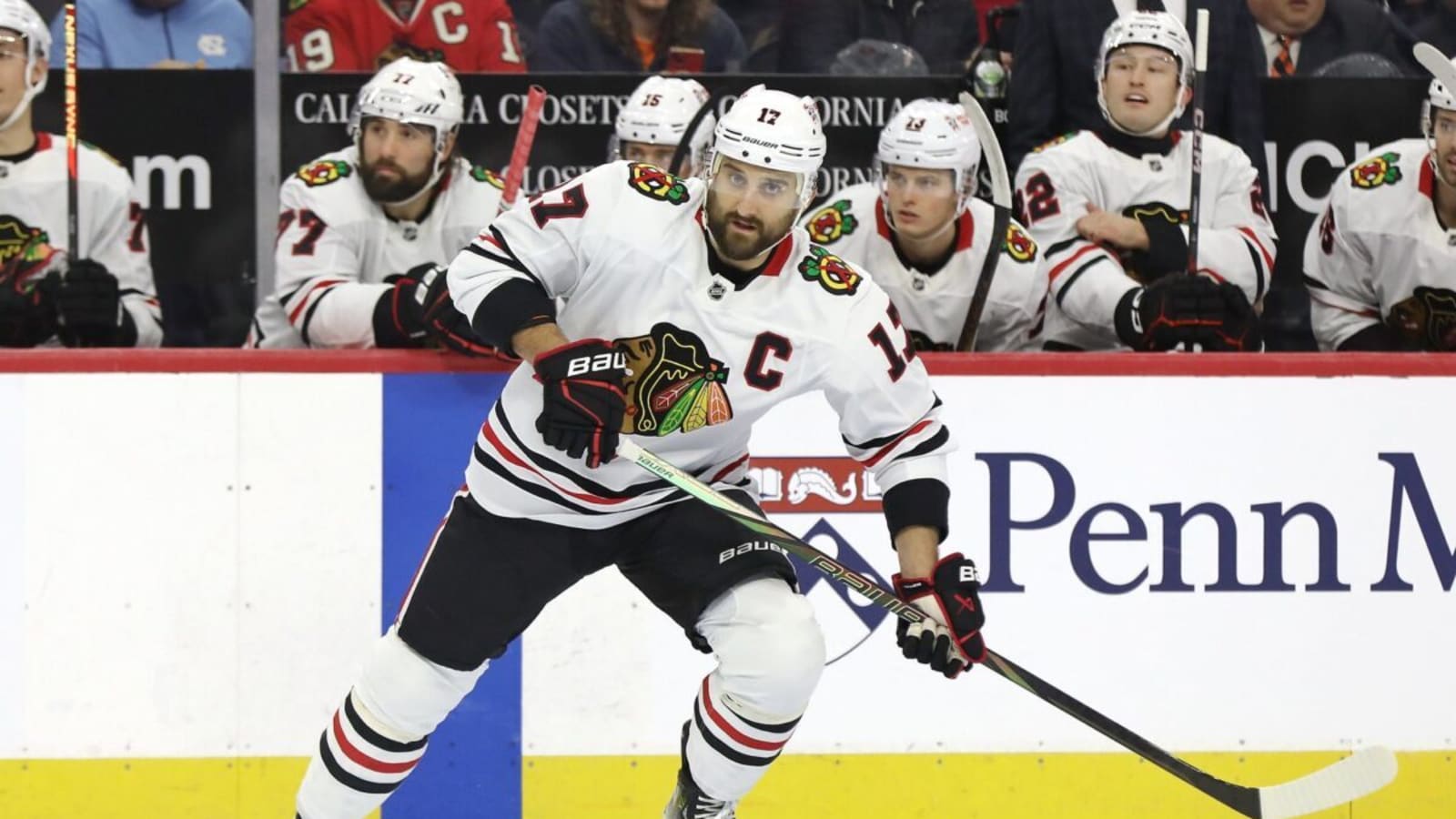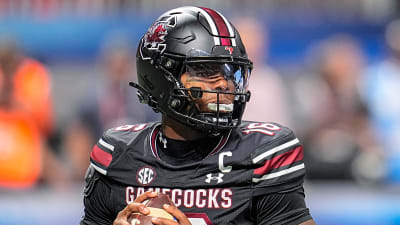
It’s not often I begin a piece by referencing Leo Tolstoy, but in his book War and Peace, the Russian author describes something directly applicable to hockey. He insightfully notes that military tacticians always try to concoct the perfect formula for winning a battle by accounting for quantifiable variables like troops, weapons, ammunition, food, and supply lines. But they always overlook an important factor that can’t be quantified, what Tolstoy calls the “spirit of the army.”
Tolstoy writes:
The spirit of the army…is..the greater or lesser readiness to fight and face danger felt by all the men composing an army, quite independently of whether they are, or are not, fighting under the command of a genius, in two—or three-line formation, with cudgels or with rifles that repeat thirty times a minute (Men who want to fight will always put themselves in the most advantageous conditions for fighting. “War and Peace,” Leo Tolstoy, Book 14, Chapter Two).
In other words, no matter how much planning and number crunching you do, you can’t count an army’s spirit, courage, and cohesion the same way you can count how many pounds of food you have. But that spirit is perhaps the single most important factor in determining winners and losers in any competition.
Chicago Blackhawks’ captain Nick Foligno didn’t quote Tolstoy after the team’s loss to the Colorado Avalanche on Monday. However, he put his finger on exactly the same sentiment when speaking about the team’s improved play since the trade deadline, play that’s seen the team snag three of six possible points in all-out efforts. The “spirit of the team” has changed. We see it, we feel it, and Foligno directly acknowledged it on Monday.
Foligno’s Quote After A Hard-Fought Loss
A reporter asked Foligno, “Do you feel like there’s anything big picture that’s changed the last five or six games? You guys have been playing better.”
Forgive the long quote below, but the entirety of Foligno’s response is necessary and crucial for understanding how the Blackhawks now view themselves. The captain answered:
I think there’s just a quiet confidence and the abilities of some players that have been able to step up. There’s also a cohesiveness with the group, right? We’ve gotten rid of some distractions, so to speak. Now there’s just a group that’s trying to get better, trying to find a way to improve. Sometimes when you make hard decisions, they end up benefitting the group. I think you’re seeing that, I think you’re seeing a product of that. Guys are playing together, they’re playing for one another, they’re playing to grow something here. Not worried about what’s gone on or what guys are feeling. It’s everyone in here that’s pulling on the same rope. We know that we’ve got to pull ourselves out of this. I think it’s a credit to all the guys…a lot of distractions, the deadline, we’ve seen a group that’s kind of come together here. It’s encouraging to see the young guys stepping in that have done the job, and even the older guys that have accepted some of the roles they’ve played. It’s a sign of a team coming together. I’m encouraged by that. It’s got to continue the next 18, 17 [games].
There’s a lot to examine in this exchange. The reporter is very specific referencing the last five or six games. Six games prior to this question being asked on Monday, March 10, was Saturday, March 1. That’s the day the Blackhawks traded Seth Jones to the Florida Panthers for Spencer Knight. The reporter was not so subtly asking, “What’s changed since Jones has been gone?”
A Cohesive Team Makes All the Difference
Now we can unpack Foligno’s answer. Of course, like any good captain, he doesn’t reference Jones, but he also not-so-subtly refers to getting “rid of some distractions, so to speak.” Cough, cough. Wink, wink—Jones. This is the line that garnered all the attention, and understandably so. Having a player who doesn’t want to be there drains the entire team.
CONNOR. BEDARD. OT. WINNER. ARE. YOU. NOT. ENTERTAINED. pic.twitter.com/kUuCPgqcdL
— Chicago Blackhawks (@NHLBlackhawks) March 8, 2025
Foligno’s next line is much, much more important. “Now there’s just a group that’s trying to get better.” In Tolstoy speech, the “spirit of the team” has been consolidated and reignited.
Everything else Foligno touches on reinforces this point. The team is “playing together” and “for one another” and “pulling on the same rope.” This is what “buy in” looks like, a term so often underscored as the intangible difference between winning teams and losing teams. It’s another way of saying the “spirit of the team,” that component of winning that no general manager or coach can manufacture with roster moves or ice time.
We haven’t seen complete “buy in” like this yet from the Blackhawks during the rebuild. But this is a taste, and man, oh man, does it taste good.
The Future Is Coming Together
Of course, this doesn’t mean the Blackhawks will be Stanley Cup contenders next season. There are still growing pains ahead. After all, even Tolstoy knows that the “spirit of the army” can’t win every battle. This is when the cliche’s ring true—”You can lose a battle but win the war” or “It’s a marathon, not a sprint.” The Blackhawks will lose more games than they win for the foreseeable future. That’s okay.
This quote from Foligno signifies a turning point, a timestamp on the rebuild that we will all look back on and say, “That’s a moment when this team took a step forward.” The “spirit of the team” has entered the equation. General manager Kyle Davidson can’t quantify it, but he’ll be happy to have its force propelling this team forward.
More must-reads:
- Three NHL coaches in danger of a midseason firing
- Avalanche sign Martin Necas to eight-year extension
- The 'NFL passer rating leaders' quiz
Breaking News
Trending News
Customize Your Newsletter
 +
+
Get the latest news and rumors, customized to your favorite sports and teams. Emailed daily. Always free!








